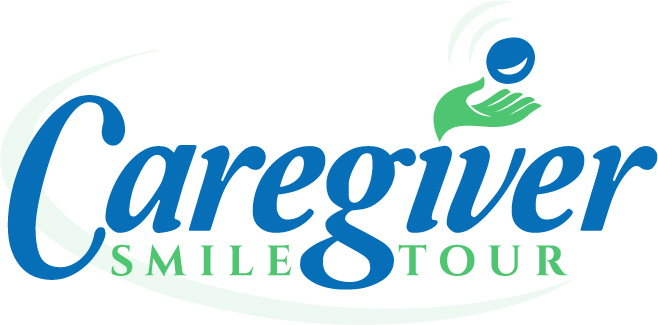Baby Boomers with Purchasing Power
Women make or influence over 85% of the purchasing decisions in America. And they make the majority of health care decisions for their families as well.
- 7 million caregivers make up 29% of the U.S. adult population providing care to someone who is ill, disabled or aged.
- More women than men are caregivers: an estimated 66% of caregivers are female. One-third (34%) take care of two or more people, and the average age of a female caregiver is 48.0.
- 5 million of adult family caregivers care for someone 50+ years of age and 14.9 million care for someone who has Alzheimer’s disease or other dementia. Of those caring for someone aged 50+, the average age of caregivers is between 50-64.
- Approximately 14.5 million caregivers are men out of the 43.4% who care for an older family member. The number of male caregivers may be increasing and will continue to do so due to a variety of social demographic factors.
- Among the caregiving U.S. adult population 18+, approximately 72% are white; 13% are African-American. The percentage in the Hispanic community is only slightly lower, at 12%, and 2% for Asian-Americans.
- More than one in six Americans working full or part time report assisting with the care of an elderly or disabled family member, relative, or friend said it significantly affected their work life.
- Caregivers are significantly more likely than other Internet users to say that their last search for health information was on behalf of someone else: 67% vs. 54%. Just 29% of online caregivers say their last search was solely focused on their own health or medical situation.
- Caregivers are more likely than other Internet users to take advantage of social tools related to health: 44% of online caregivers have read someone else’s personal health story online, compared with 29% of non-caregivers. 28% of online caregivers who use sites like Facebook have followed their friends’ personal health experiences or health updates, compared with 21% of non-caregivers who use such sites.
- 38% of online caregivers have consulted online reviews of particular drugs or medical treatments, compared with 18% of non-caregivers. 21% of online caregivers have consulted online rankings or reviews of doctors or other providers, compared with 13% of non-caregivers. 20% of online caregivers have consulted online rankings or reviews of hospitals or other medical facilities, compared with 12% of non-caregivers.
- And consider this, the latest surveys reveal that 25% of family caregivers are Millennials, 10 million strong!
Caregivers are simply in the best possible position to benefit from this program and to spread positive word of mouth for sponsors and influence the use of their products and/or services.


